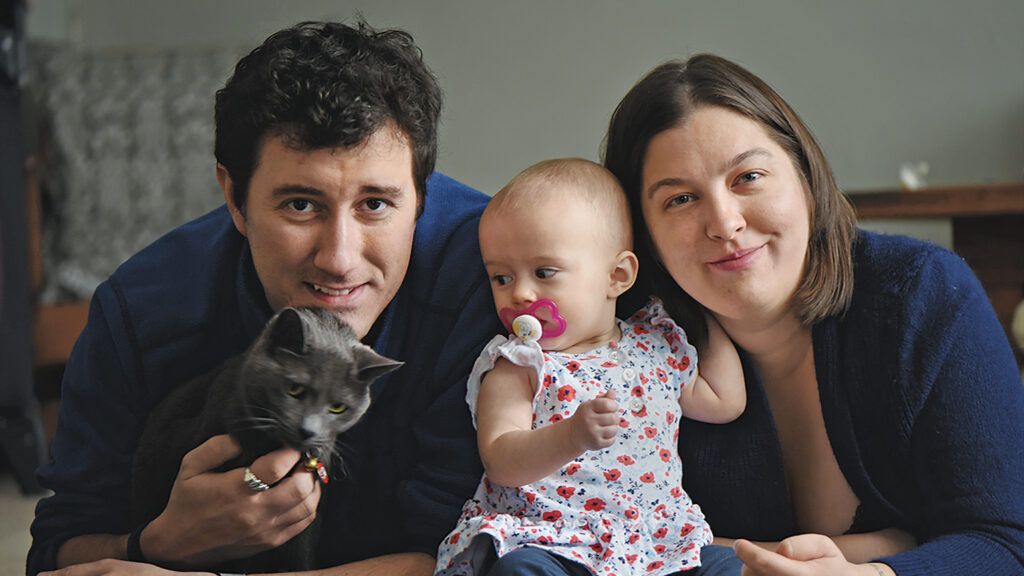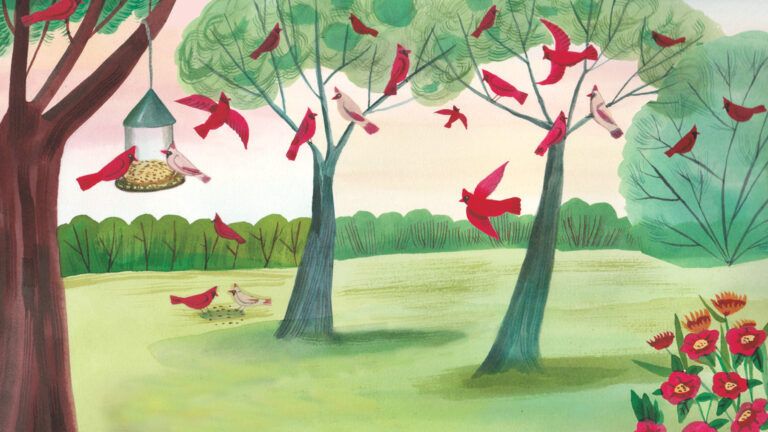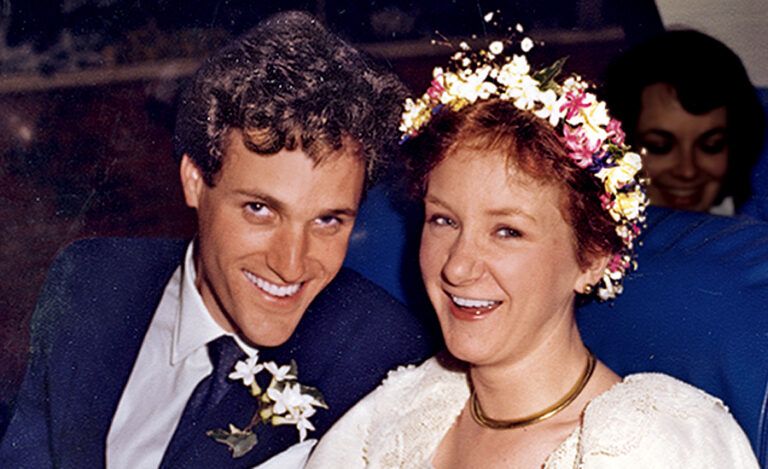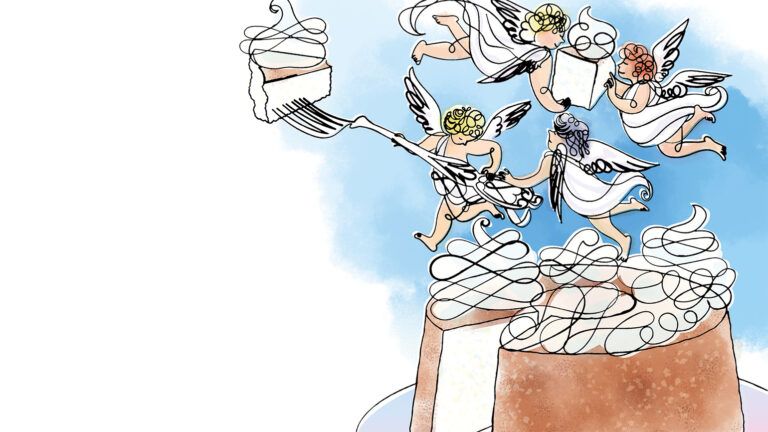“Here, boy!” I called out again. I walked down the cement steps behind the Army barracks and listened, hoping to hear an answering meow or to see a flash of black and white streaking toward me. But there was still no sign of the cat. Now I was starting to panic. While I had yet to name him, I had been feeding him for months. Seeing him had become the highlight of my day.
I could clearly remember when we first met. Sitting on these same cold cement steps that night, I’d been staring out into the darkness. Rain soaked through my pants, but I didn’t care. The only light came from the glow of my cigarette—my last. Back in my room there was a knife on the bedside table and a suicide note on my computer screen. I hoped that whoever read it first would understand why I had done what I planned to do.
Six months before that night, my unit had been deployed to the southwest of Baghdad. During an attack, a mortar had exploded 10 feet away from me, leaving me with a traumatic brain injury, a case of PTSD and a one-way ticket home. Since then, I had been living on base in Fort Riley, Kansas, but I wasn’t readjusting well. I was paralyzed by anxiety and struggling to get through each day. Mostly I was tired. I sat there on those cold cement steps just wanting to end it all. Tonight I will, I thought as I took another drag of my cigarette.
“Meow?”
I looked up. A black and white kitten with round green eyes looked back at me. His head poked out from the bushes a few steps away. He meowed again. Then, leaping from his hiding spot, he trotted right up to me. He was tiny and soaked, but he rubbed up against my legs. When I reached down to pet him, he leaned into my touch, purring.
That was all it took. I broke down. I cried, the tears hot on my face in the chilly rain. The kitten just watched me. I hadn’t scared him away. In fact, he stood there as if he knew how desperately I needed a friend. Right at that very moment.
I looked into his big green eyes and he looked back. Clearly a stray. “When was the last time you ate?” I said, stroking his wet fur. My plan to end it all was put on hold. At least until I found this kitten some food. I stood up, my cigarette forgotten. I might not be able to tackle my own problems, I thought. But his problems? I can do something to fix those.
It became a routine: Every day, I’d go to the back steps of the barracks with a packet of tuna and a paper plate. Usually, the kitten was already waiting for me. He became more than something to live for. Over time he inspired me to get help for my depression, and even gave me the confidence to get into a serious relationship. Becky and I had known each other for years. We were high school classmates in our hometown of Pittsburgh and, after I enlisted, continued to keep in touch. Now that connection had deepened.
I hated to go back inside without seeing my usual dinnertime visitor, but roll call was at 5:45 a.m. and I knew I had no chance of spotting a mostly black cat in the dark. I called Becky, worried that I had seen the last of him.
“I’m so sorry, Josh,” Becky said. She knew how much that cat had done for me. There was a time I didn’t know if I would have been able to recover from such a loss. But I was in a better place now, and I’d get through it if I had to. “Hopefully, he’ll turn up,” Becky tried to reassure me.
But he didn’t. I’d still go out behind the barracks most evenings to see if my little buddy had returned, but he never did. I found myself imagining that he’d found a real family to go home to. And he deserved it. Becky and I were shopping together near the base one day when we stumbled upon an animal adoption event, mostly cats. Becky already had a cat, and she knew there was only one cat for me, but she couldn’t resist. “Come on! We’re just going to look at them,” she said, tugging at my arm. “Show them a little love.” Like one little black and white kitten had done for me one night, I thought.
Becky and I picked our way through the narrow space between the cages. Some of the cats pressed themselves against the bars, yowling for attention. Others watched silently with wide eyes. When a black and white paw shot out from between the bars, smacking me on the arm, I laughed. I leaned down to get a better look at the feisty cat inside. His green eyes met mine. I was stunned. Could it be?
“Becky, it’s him! The cat from the barracks!” I opened the cage and scooped him up, holding him tight. He purred steadily, like he knew there was no way I was letting him go again. And, boy, was he right.
I named him Scout and he became my constant companion in the barracks. As I went through the process of my medical discharge, Scout was there. On bad days, he’d curl up in my lap and purr until I felt better. I officially left the Army in July 2009. Soon after, Becky and I got engaged, and Scout moved with me from Kansas to Pittsburgh to be closer to her.
I was far from the lonely and depressed man Scout had first approached in the rain, but I still had a ways to go. Between Scout and Becky, I had the support I needed and motivation to get there.
I made sure to get regular exercise and eat healthy. I even quit smoking. I went back to school to get my master’s degree in clinical rehabilitation and mental health counselling. I wanted to work with fellow veterans. My greatest hope was to be for someone else what Scout was for me.
For more angelic stories, subscribe to Angels on Earth magazine.




